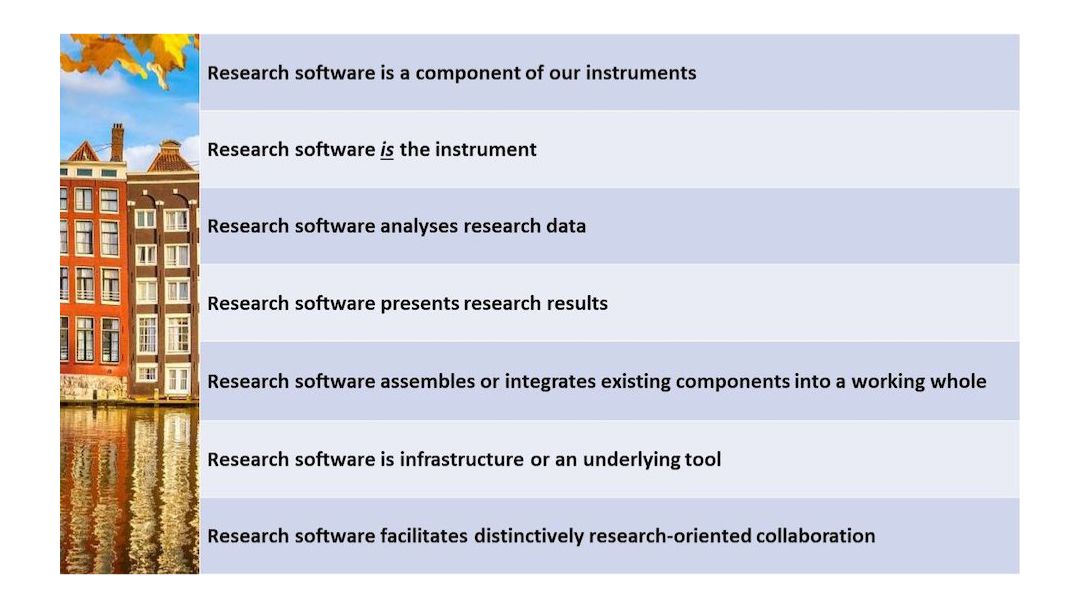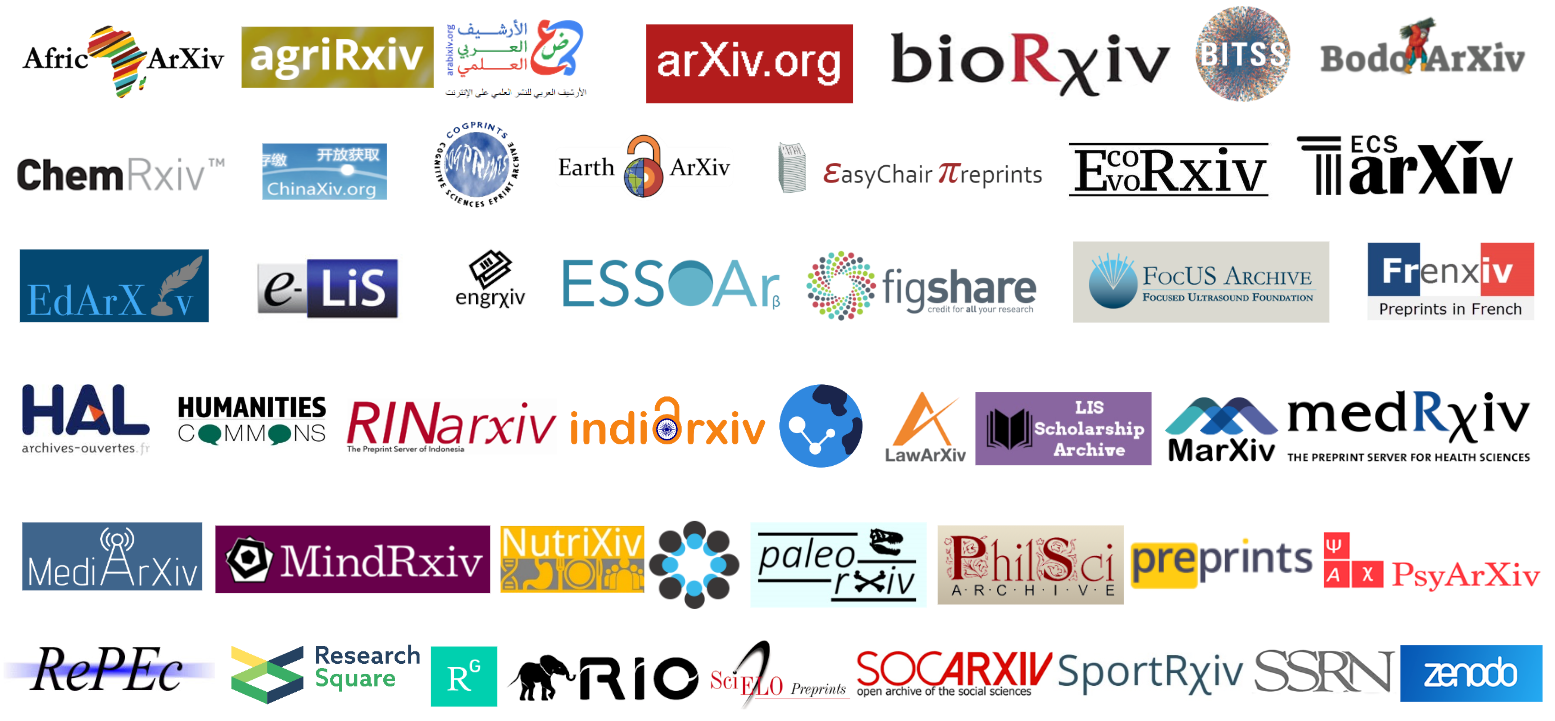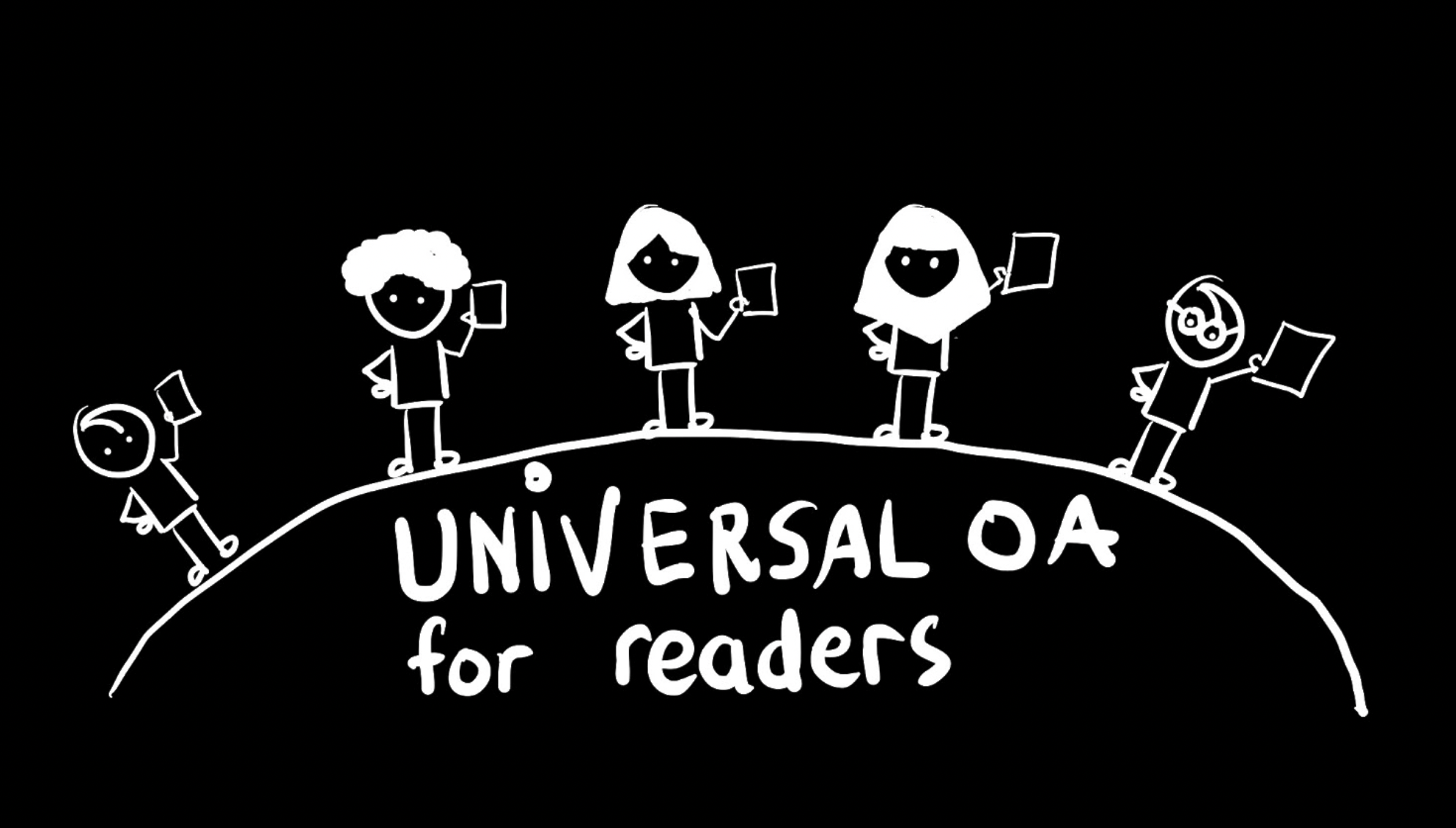
In November of 2022, the Research Software Alliance (ReSA) and the Netherlands eScience Center organized a two-day international workshop titled “The Future of Research Software.” In the workshop, funding organizations joined forces to explore how they could effectively contribute to making research software sustainable. The workshop had many participants from all continents and was a huge success.








